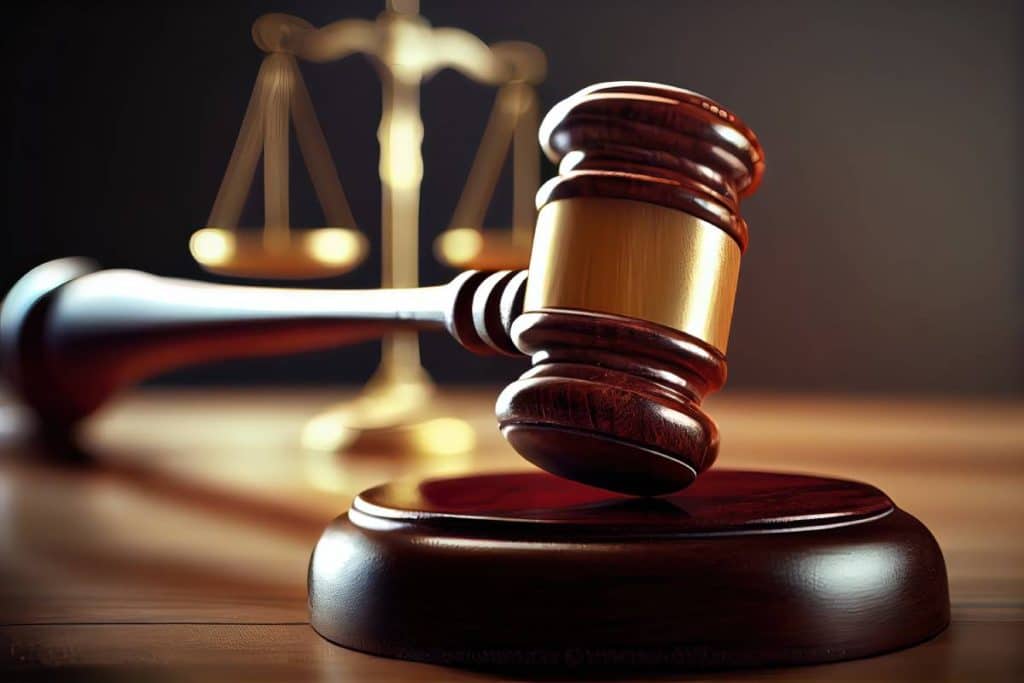
DUI (Driving Under the Influence) cases can take a long time for several reasons. Here are some possible factors:
- Investigation and Evidence Gathering: When a DUI case is reported, the police must investigate the incident, gather evidence, and collect witness statements. This can take time, especially if there are complications, such as accidents or injuries.
- Legal Procedures: The legal system has certain procedures that must be followed, such as arraignments, pre-trial motions, and discovery. These steps take time and must be completed before a trial can take place.
- Backlog in the Court System: Many court systems have a backlog of cases, including DUI cases, which means that it can take longer for a case to be heard in court. This can also be affected by the availability of judges, court staff, and other resources.
- Negotiation and Plea Bargaining: In some cases, the defendant and the prosecution may negotiate a plea bargain, which can take time to arrange and finalize. This can also delay the progress of the case.
- Complexity of the Case: Some DUI cases may be more complex than others, requiring more time to investigate, prepare, and present evidence.
Overall, the length of time it takes for a DUI case to be resolved can vary widely depending on the circumstances of the case, the legal system in the jurisdiction, and many other factors.
Reasons For a Defendant to Delay a DUI Case
There could be several reasons why someone would want to delay a DUI (Driving Under the Influence) case. Here are some possibilities:
- Time to Prepare a Defense: The defendant may want more time to prepare a strong defense, which could involve gathering evidence, interviewing witnesses, and consulting with an attorney. A delay could provide them with the time they need to build a solid case.
- Hope for a Better Outcome: The defendant may be delaying the case in the hopes that the charges will be dropped or reduced, or that they will receive a more favorable outcome. This could be due to changes in the evidence, new developments in the case, or negotiations with the prosecution.
- Delay Tactics: In some cases, the defendant may be using delay tactics to frustrate the prosecution, hoping that they will eventually drop the case or offer a more favorable plea deal.
- Avoiding the Consequences: In some cases, a defendant may want to delay the case to avoid the consequences of a conviction, such as jail time, fines, or license suspension. This could allow them to continue driving or avoid other negative impacts of a DUI conviction.
It’s important to note that intentionally delaying a DUI case is generally not advisable, as it can lead to additional legal problems and may not ultimately result in a better outcome. It’s generally best to work with an experienced attorney and follow the legal process as closely as possible.
How to Speed Up DUI the Process
Speeding up the DUI process is often difficult, as there are many legal procedures and requirements that must be followed. However, if a defendant wants to resolve the case more quickly, they may have to accept a less favorable outcome, such as a conviction. While this may seem like the easiest solution, it is not always the best one. A conviction can have serious consequences, including fines, license suspension, and even jail time. It can also have long-term effects on a person’s reputation and job prospects. Therefore, it’s important to work with an experienced attorney and follow the legal process as closely as possible, even if it takes longer than expected. Rushing the process or accepting a bad result can have serious, long-term consequences that may not be worth the short-term gain.